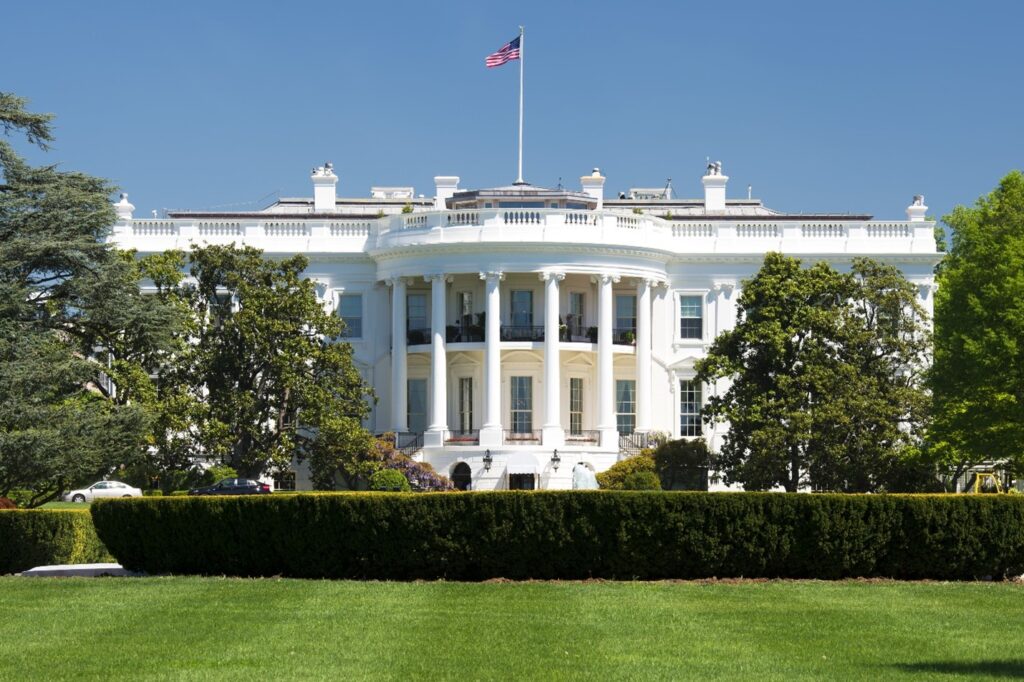In a bold move aimed at lowering drug prices in the US, the US Department of Commerce’s National Institute of Standards and Technology (NIST) announced that it is considering the use of “march-in rights” as a potential solution.
March-in rights is a measure to help agencies evaluate when it might be appropriate to relinquish patent licenses when products developed with federal funding aren’t readily accessible to the public.
The NIST released a new draft guidance called the Draft Interagency Guidance Framework for Considering the Exercise of March-In Rights, to help government agencies evaluate whether to invoke march-in rights as a means to help lower drug prices by suspending patents.
In a statement, the NIST said the draft guidance “will help agencies work through a range of policy considerations relevant to a potential march-in decision, including price.”
While the use of march-in rights on government-funded research has been debated with respect to the role of government in regulating drug pricing and ensuring access to affordable healthcare, they have never actually been exercised.
Exercising a march-in is another move the Biden administration could make in its goal to lower drug prices in the US. As part of this, the administration’s Inflation Reduction Act (IRA) passed last summer included Medicare price negotiations, which kicked off this fall with the Centers for Medicare & Medicaid Services’ (CMS) announcement of the first ten drugs that will be entering negotiations. The US has consistently faced criticism for having one of the highest prescription drug pricing systems in the world.
Related: Medicare Drug Price Negotiations: First 10 Drugs Up for Negotiation Revealed
“With this draft guidance and request for comment, we are seeking continued stakeholder input to ultimately provide greater clarity on march-in rights and maintain a balance between incentivizing companies to innovate and making sure those innovations serve the American people,” said US Secretary of Commerce Gina Raimondo in the NIST statement.
The NIST’s new published framework gives agencies the power to act “if it appears that the price is extreme, unjustified and exploitative of a health or safety need.” An example would be a “sudden, steep price increase in response to a disaster.” The initial price of a drug when it’s first launched can also be considered, the guidance said.
Before publishing a final version of the guidance, the agency is seeking further comment on it. The guidance is the product of an interagency review that began early this year.
“March-in authority is one powerful tool to ensure that the American taxpayer is getting a fair return on their investment in research and development,” said US Secretary of Health and Human Services Xavier Becerra. “Today’s call for comments is an opportunity to better understand how march-in authorities can impact price and better promote equitable access to prescription drugs. The feedback received will help us build a framework that increases access to high-quality, affordable health care for all Americans.”
Understanding March-In Rights
March-in rights, established under the Bayh-Dole Act of 1980, are a provision that allows federal agencies, such as NIST, to require a patent holder to grant licenses to other parties under certain circumstances. Specifically, march-in-rights can be invoked when federally-funded research or development has led to a patented invention, and the patent holder’s actions are deemed to be in conflict with public interest. This includes inventions that are not made available to the public.
This means the government can step in and grant patent licenses to other bodies, or to grab the licenses themselves if the products in question were developed using taxpayer money.
While the primary intention of the march-in authority was to help foster innovation and commercialization of federally-funded research, promote competition and in turn lower prices for consumers, it also contains a clause that gives agencies the authority to act when access to the patented technology is necessary for reasons such as public health and affordability.
Proponents of march-in rights argue that the government should step in when drug prices become exorbitant and unaffordable for the general population. By invoking a march-in authority, NIST could potentially require pharmaceutical companies to license their patented drugs to generic manufacturers, thereby increasing competition and lowering prices.
Additionally, supporters assert that when federally-funded research plays a significant role in the development of a drug, the government should have the authority to ensure that the resulting medication remains accessible and affordable for the public which helped fund its creation. This aligns with broader efforts to improve healthcare affordability and equity in the US.
On the other side, industry stakeholders argue that such actions could stifle innovation by reducing incentives for research and development. They contend that the threat of march-in-rights could deter private companies from partnering with the government on research projects, ultimately hindering scientific progress and medical advancements.
Industry Reactions
The pharmaceutical industry is not enthused by the recent march-in rights talks. Megan Van Etten, a spokesperson for the US’s main pharma industry trade group Pharmaceutical Research and Manufacturers of America (PhRMA), stated that the move would be “yet another loss for Americans.”
PhRMA argued that the US leads the world in drug development because the current system enables the government, private sector and academic researchers to work together, a network that could be disrupted by march-in rights.
“If government bureaucrats are allowed to take away patent protections at any time, there is no incentive for biopharmaceutical manufacturers to collaborate with the government or universities, returning us to the pre-Bayh-Dole era where promising new technologies sat on the shelf, benefiting no one,” PhRMA said in a press release.
There have been recent examples where the government has been asked to intervene over high drug costs. The government was petitioned twice to address the high cost of Pfizer and Astellas’ prostate cancer drug Xtandi (enzalutamide). The National Institutes of Health (NIH) rejected the first petition back in 2016 and the second in March this year.
The government was also asked to step in when manufacturing issues forced rare disease drugmaker Genzyme, now owned by Sanofi, to ration Fabry disease medicine Fabrazyme (agalsidase beta).












Join or login to leave a comment
JOIN LOGIN